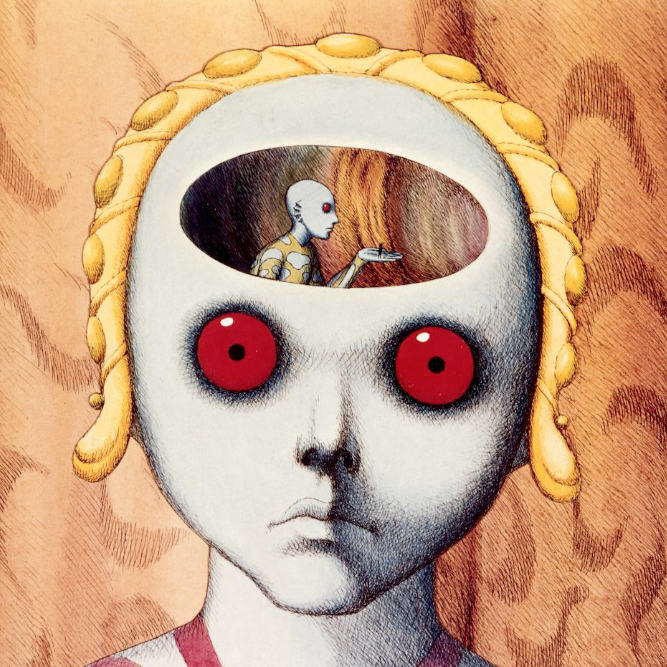Ngā mihi o Matariki, te tau hou Māori!
Greetings of Matariki, the Māori new year!
This month, we’ve got a bit of a Matariki theme. Matariki festivals are already underway in many parts of the country, and events will continue until around the end of July. A bunch of them are listed on the Matariki.com events page.
The public holiday falls on the 14th this year, with a celebration period of 11-17 July. The 2023 Tangaroa lunar period, when the rising of Matariki is observed, is 10-13 July.
I’m planning on posting up some more Matariki stuff later.
Also, if you’ve got an idea for next month’s banner, leave a comment below.
Happy Matariki! I just plugged your heading into google translate and it informs that you said ‘take care of the mother’. Luckily DDG offered ‘respect the pleiades’ which makes much more sense. I guess it’s not just search that Google is starting to fumble.
Ngā mihi - an acknowledgement, often used like “thank you” but in this case it’s more like “mihi” greeting, and ngā - plural “the”
o - from/belonging to
te - singular “the”
tau - year
hou - new
So this phrase is pretty literal. But some of the words can have many meanings and Māori can be pretty heavy in metaphors so machine translation is easily tripped up.
Edit: oh I think you meant Mānawatia a Matariki!
Mānawa - among other things, to welcome
-tia - passive ending. Just the way the sentence is phrased. “The dog ate the apple” - active, “The apple was eaten by the dog” - passive
So basically “Greetings of Matariki” (though you normally try to translate the intent not the words so “Happy Matariki” is better if not a direct translation)
Thanks! I’m currently copying all the significance of each star into my commonplace book so it’s good to have a bit of extra info to add :)
I’ll admit I knew very little about Matariki before it was made a public holiday, but I’ve been reading about it recently and it’s fascinating. I’m intending to put a few posts up about it as we get closer to the celebration period. I think one of them will be about the meaning of the individual stars. But I’ll probably start off with a guide about how kiwis of all ethnicities can celebrate Matariki.
Back in the day I wrote hundreds
thousandsof Wikipedia articles and I kind of miss reading about something in depth, distilling the key info and then summarising it. No idea why I enjoy it, but I hope other people get something out of it.Edit: Looking back on my edit history, there weren’t actually thousands I wrote from scratch, more like a few hundred. I made tens of thousands of edits which is where I must be getting mixed up.
I don’t want to pretend to be an expert on te reo at all. “Mānawatia a Matariki” is a phrase developed by Professor Rangi Mātāmua and Hēmi Kelly:
“Matariki doesn’t come out of a western context, it’s Māori” Rangi says, ”so if you’re trying to apply a greeting to the Matariki celebration where you say hari (happy) Matariki or meri (merry) Matariki – it doesn’t make sense.”
So Rangi and Hēmi developed the phrase Mānawatia a Matariki – meaning to honour, acknowledge, and welcome in Matariki. “It’s important that if we’re going to celebrate something that comes out of a Māori context, we use the correct terms and the correct language around the celebration.”
Hēmi Kelly explains more of the origin and meaning of the phrase in a video on Facebook. Mānawatia a Matariki has been chosen by the government as the recommended phrase to wish each other a “happy” Matariki.
The other one, “Ngā mihi o Matariki, te tau hou Māori”, is how Massey University recommends you say “happy Matariki” in te reo. I ran that one through Google translate so if the translation is wrong, someone please let me know.



